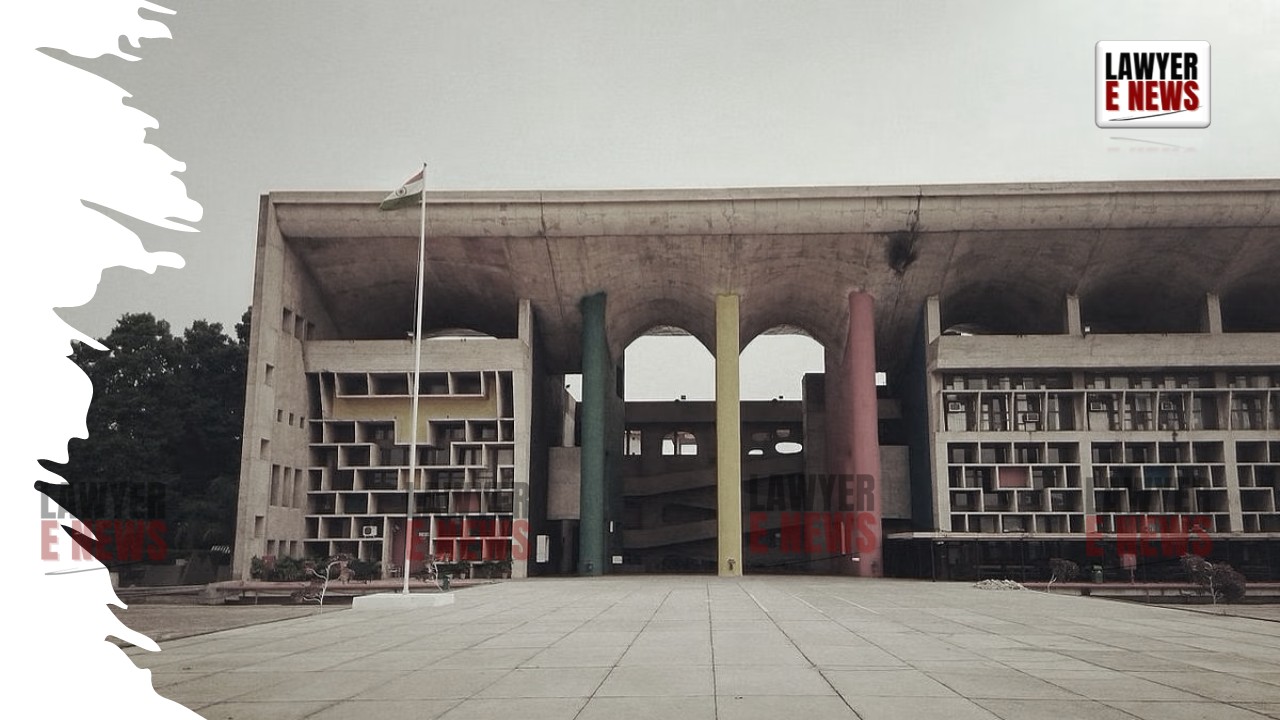-
by Admin
18 February 2026 4:34 AM



In a significant ruling Punjab and Haryana High Court in Dharinder Singh & Others vs. Anoopjot Kaur & Others, CR No.121 of 2025, set aside the trial court’s order dismissing an application filed under Order 7 Rule 11 CPC seeking rejection of the plaint for non-payment of proper court fee. Justice Vikram Aggarwal held that the plaintiffs, who sought the relief of joint possession of ancestral agricultural land, were liable to pay court fee under Section 7(iv)(c) and 7(v) of the Court Fees Act, 1870, and the trial court erred in holding otherwise.
The case revolved around a suit filed by Anoopjot Kaur and others, daughters of late Paramvir Singh, who claimed joint possession of ancestral property against their brother and certain third parties. The plaintiffs challenged multiple sale deeds, transfer deeds, and an agreement to sell executed by their brother in favour of the defendants, claiming the property to be joint Hindu family property. Alongside a declaration that these sale deeds were null and void, the plaintiffs also prayed for joint possession and permanent injunction.
During the pendency of the suit, the defendants moved an application under Order 7 Rule 11 CPC, arguing that the plaintiffs were liable to pay ad valorem court fee since they had sought joint possession, which amounts to seeking possession of property, and therefore, required valuation on market value. The plaintiffs opposed this by contending that since they were already in possession of their share, no such court fee was payable, relying on the principle that court fee is primarily a matter between the plaintiff and the State.
Rejecting this argument, the High Court noted, “The dominant relief claimed is for joint possession and not for cancellation of the sale deeds.” The Court emphasized that clever drafting by plaintiffs could not dilute the requirement to pay court fee when in substance the relief sought is for possession. Justice Aggarwal observed, “On the one hand, the plaintiffs have claimed that they are in possession of the suit properties and have sought injunction also. On the other hand, they have prayed that if they are not found to be in possession, a decree of joint possession be passed.” The Court held that this strategy clearly attracted the application of Sections 7(iv)(c) and 7(v) of the Court Fees Act.
The High Court found the trial court’s approach legally erroneous and commented that the issue was not merely academic, but directly concerned the defendants as the claim of possession and injunction could substantially affect their rights. The Court added, “By this device, plaintiffs cannot avoid payment of court fee when they have in fact prayed for joint possession.”
Relying on the judgments in Suhrid Singh @ Sardool Singh vs. Randhir Singh & Ors. 2010 AIR SC 2807, Harbhajan Kaur vs. Pargan Singh 1987 RRR 134, and Tara Singh vs. Tarsem Singh, the Court reiterated that “whenever the relief is essentially one for joint possession, the suit attracts the requirement of court fee under Section 7(iv)(c) read with Section 7(v) of the Court Fees Act.”
Further clarifying the maintainability of the revision, Justice Aggarwal held that the present revision, though dealing with the issue of court fee, was maintainable under Article 227 of the Constitution of India since it arose out of the dismissal of an application under Order 7 Rule 11 CPC, unlike situations arising purely from interlocutory orders.
Ultimately, the Court set aside the trial court's order dated 03.12.2024 and directed that court fee, as per Sections 7(iv)(c) and 7(v) of the Court Fees Act, be paid within six weeks if not already paid. The revision petition was thus allowed to the said extent.
Justice Aggarwal concluded by remarking, “The plaintiffs cannot, by artful pleading, evade the liability of paying the requisite court fee when the suit substantially seeks joint possession.”
Date of Decision: 26th March 2025
